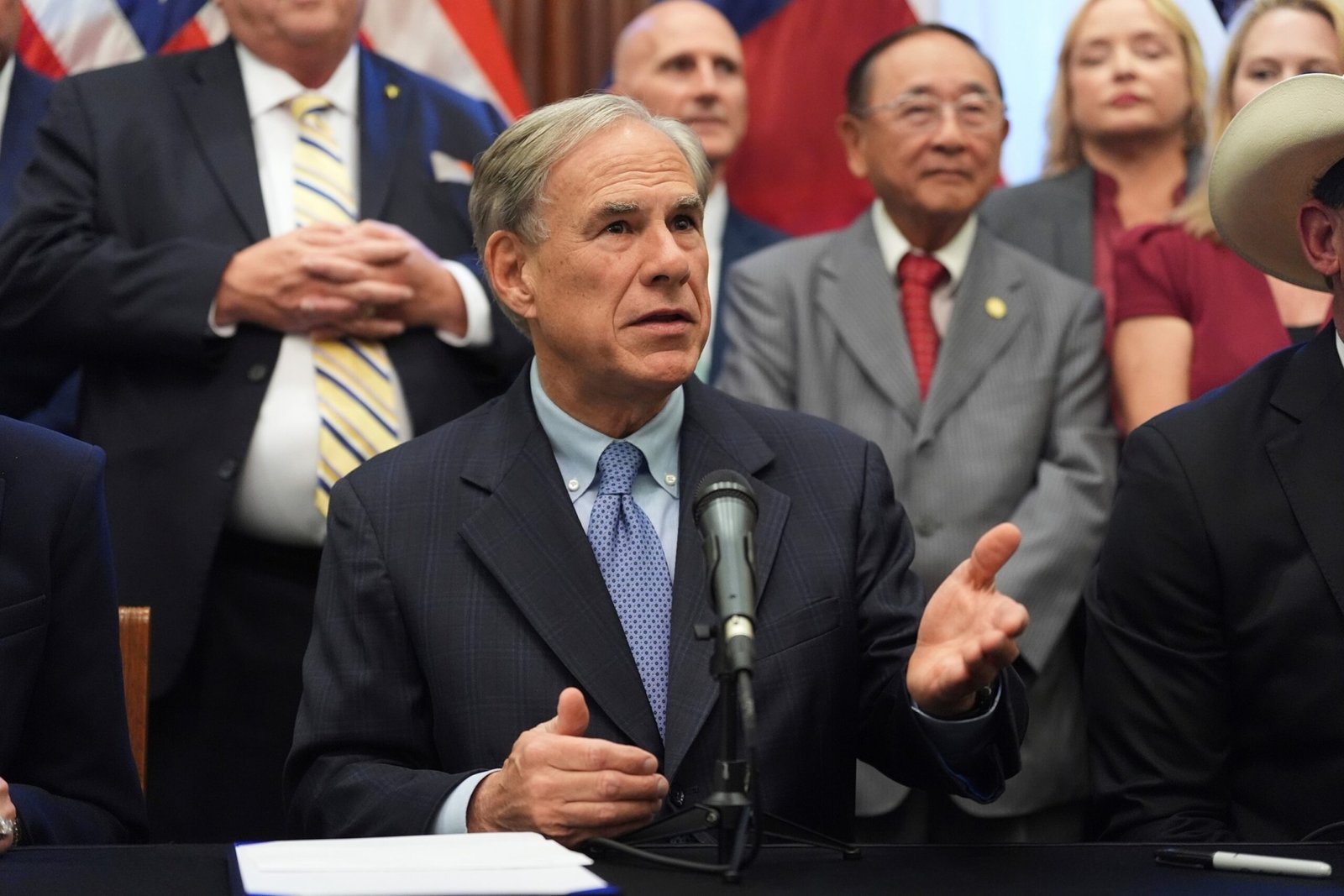The closure of the government arrested the release of key economic data, drowning the flow of information while some experts warn that the economy can be sliding towards a recession, some economists told ABC News.
A federal agency postponed the release of a monthly job report on Friday, leaving observers in the dark about the state of a strong deceleration of hiring. If the government’s closure extends to the next week, fresh inflation figures will not be informed, masking price levels amid the growing costs.
Jim Reid, research strategist at Deutsche Bank, in a memorandum to customers on Monday, lamented the “data vacuum.”
The absence of government data increases uncertainty at a tense moment for the economy of the United States, potentially the responses in the hamstrings of consumers, companies and policy formulators, some economists told ABC News. The scope of the possible economic damage induced by the closure could also be without being detected, they added.
“It adds to risk and uncertainty at the most inopportune moment,” Mark Hamrick, Bankrate Senior Economic Analyst told ABC News. “Now we are all looking for a fog.”
The closure of the government entered its sixth day on Monday. The Senate has rejected the proposals for financing of Democrats and Republicans in four separate votes, more recently on Friday.
The United States Department of Work last week said that some data will not be published during closure, including monthly works and inflation reports. The Office of Economic Analysis and the Census Office, two important sources of additional data, also said they will stop the scheduled launches during the duration of a closure.
Data loss has reached an awkward period for the economy. In recent months, the economy has suffered a strong deceleration of hiring together with an increase in inflation, establishing the conditions of what economists call “stagflation.”
The descending change in hiring has proven to be especially worrying, fueling concern among some economists about a possible recession.
A job report last month showed a strong decrease in hiring in August, extending a mediocre period for the labor market. Meanwhile, a review of prior hiring estimates days later revealed that the United States economy added much less jobs in 2024 and early 2025 than previously estimated concern.

The president of the House of Representatives celebrates a press conference on the closure of the Government at the United States Capitol in Washington, on October 6, 2025.
Shawn Thew/EPA/Shuttersock
“The labor market is the main concern for the economy of the United States,” Hamrick said, adding that contracting cooling suggests a 40% recession risk in the next 12 months. “That is a risk of high recession.”
Without updated government data, companies can doubt in taking measures as important expansions or hiring of spree, while consumers could try to avoid purchases of large tickets, some experts said.
“In general, the absence of economic data makes the economic trajectory more uncertain, since it forces investors and business executives to be more cautious,” Gregory Daco, chief economist of the accounting firm EY, told ABC News.
The Federal Reserve will announce its next interest rate decision on October 29, after a meeting between FOMC members. If the government’s closure remains in place before that meeting, you could leave FED officials badly equipped to establish the best policy, Hamrick said.
“This is an exceptionally difficult period to read where inflation is going and where growth is going,” said Kenneth Rogoff, professor of economics at Harvard University, ABC News.
Undoubtedly, an interruption of data versions could let investors ignore the possible improvement in the economy. Some experts indicated the continuous availability of private sector data sources, although observers generally see these data as lower than government statistics.
A government closure generally risks only modest damage to the economy of the United States, mainly derived from public workers in problems, who temporarily lose salary and doubt the expenditure of the consumers of the United States.
Each week of a possible closure of the government would reduce the annualized growth of real internal products in the quarter by approximately 0.1%, said Mark Zandi, chief economist of Moody’s Analytics, A ABC News in a statement.
As a reference, the economy grew in an an average annualized rate of 1.6% in the first half of 2025, which means that it would take several weeks after remarkable damage is incurred.
The absence of economic data could make observers identify the economic impact of closing, some experts said.
“Usually, the stops are not important events, but nothing is typical about the current environment,” Rogoff said.




